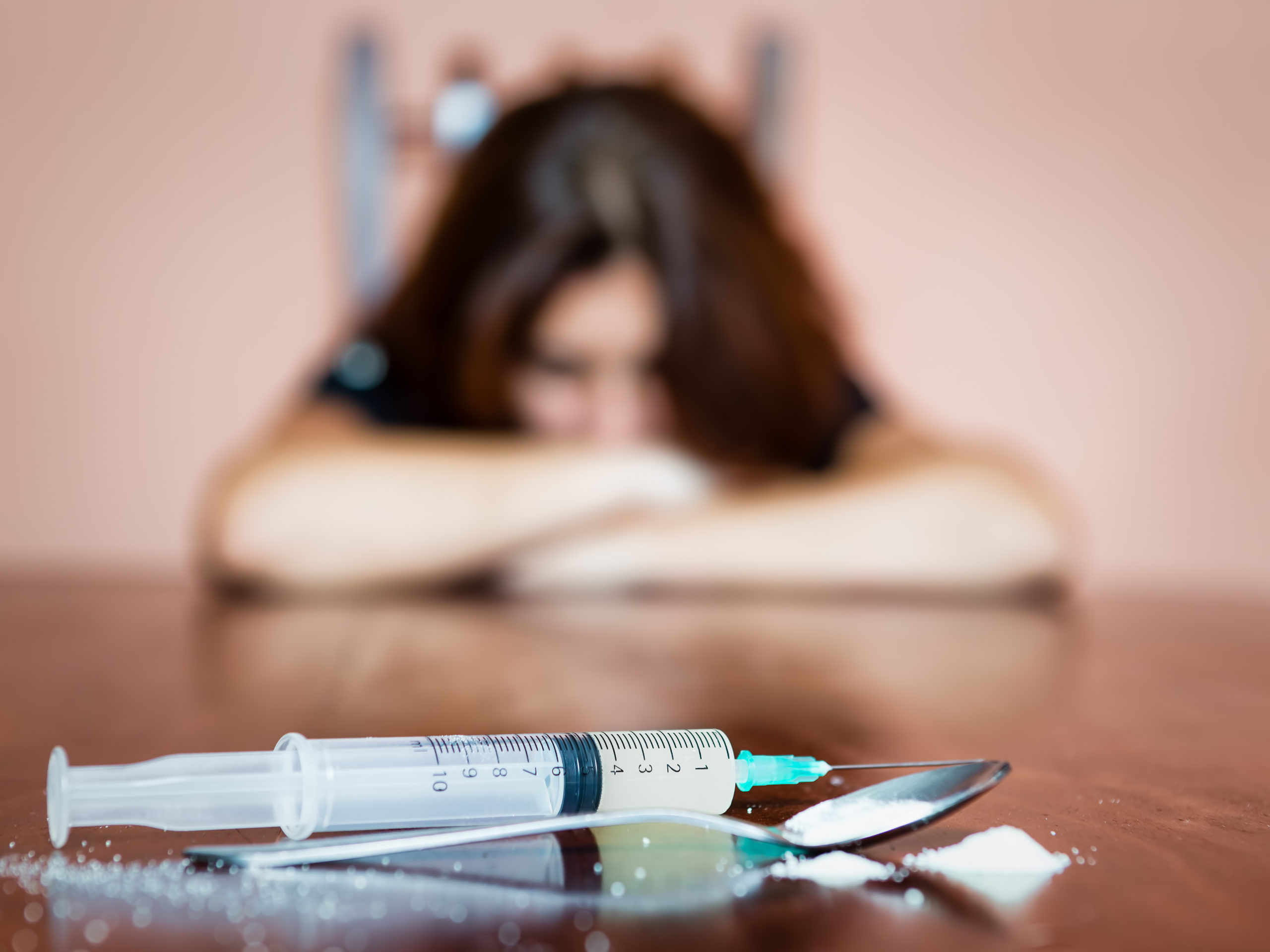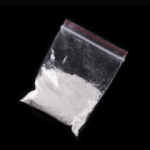
Heroin is known to be one of the most dangerous illicit drugs making rounds in the streets of America. Its effects can be devastating and life-threatening, leading addicts down a path of destruction with little to no power to help themselves.
Identifying the symptoms of heroin abuse can help us recognize when people around us are struggling and allow us to extend a helping hand when they need it.
Symptoms Of Heroin Abuse
Heroin acts on the user’s pain and pleasure system by taking over opioid receptors and flooding the brain with dopamine.
The high potency of the drug causes psychological and physical dependence — making it extremely difficult for users to muster the strength they need to seek help and get sober.
Psychological Heroin Abuse Symptoms
Addiction is considered to be a mental health disorder, developing first in the mind and then spreading its effects through the body.
Heroin is no exemption, and users may find themselves affected mainly in two areas:
- Their behaviors
- Their cognitive function
Behavioral Heroin Abuse Symptoms
It is easy to identify signs of heroin abuse by pointing out odd behaviors. An addict who is under the influence of heroin may display slurred speech or other behavioral changes that may last even after an addict has sobered up.
Taking a look at an addict’s daily routine can reveal a lot about their addiction. Have their friend circles suddenly changed? Have you lost contact with your loved ones for days at a time without explanation? These behaviors can all be signs of heroin abuse.
Here are some other behavioral symptoms of heroin abuse to watch out for:
- Involvement in crime
- The disappearance of personal value objects
- Bursts of anger or disturbance
- Increased anxiety
- Lack of care about one’s appearance
- Change of clothes to cover needle scabs or bruises
- Changes in mood
- Depressive moods and loss of interest
Cognitive Heroin Abuse Symptoms
Cognitive functioning symptoms relate to the addict’s consciousness and their ability to think and reason. As the brain is clouded by the “high,” they are more noticeable when the addict is under the influence.
A person under the influence of heroin is considered to have impaired cognitive functions. Their mind is clouded and the body is induced into massive relaxation, causing the user to drift from one consciousness. Often, it appears as if the user is drifting in and out of sleep.
Other cognitive symptoms of heroin abuse include –
- The inability to make sound decisions
- Being disoriented
- Lack of focus
- Being impulsive
- Talking nonsense
Physical Heroin Abuse Symptoms
After prolonged use of heroin, the body gets used to its presence and develops tolerance to the drug’s euphoric effects. As tolerance develops, users take more and more of the drug, until the body grows dependent on it.
Physical dependency and high tolerance can be extremely dangerous for an addict as their effects can be life-threatening and lead to seizures and overdoses.
A heroin abuser is likely to lose weight and start showing physical signs of fatigue. Bruises and scabs will also appear on the body. The appearance of scabs is not only caused by injections but can also be caused by anxiety-induced skin picking.
Scabs and bruises are commonly seen in areas of intravenous access such as the arm, and fingertips.
Heroin abuse also causes the following physical symptoms of heroin abuse:
- Dry mouth
- Weight loss
- Runny nose
- Dilated pupils
- Liver failure
Heroin Withdrawal
There is no greater sign of substance abuse than the appearance of withdrawal symptoms. Withdrawal symptoms appear when an addict has developed a physical dependence on a drug.
In the event withdrawal symptoms appear, it is important that the addict receives medical attention and undergoes detoxification immediately.
Common symptoms of opioid withdrawal include:
- Excessive flow of tears
- Muscle aches
- Tremors
- Diarrhea
- Nausea and vomiting
- Dilated pupils
- Eye discomfort in bright lights
- Trouble sleeping
- Autonomic hyperactivity
- Irritable moods
- Depression and suicidal thoughts
- Anxiety
What to Do When You Spot Heroin Abuse Symptoms
If someone you love is showing signs of heroin abuse, you must act quickly.
You may want to look out for additional evidence such as drug paraphernalia which can include needles, pipes, small zip-lock bags, or burnt aluminum paper in the trash.
If you are concerned that this may be the case, seek professional help immediately.
How to Get Help Today
If a loved one or someone you know shows signs of heroin abuse it’s important to get help.
Addiction can develop into physical dependence which could be difficult, painful, and dangerous to the user if it’s not handled adequately.
Elysium Healthcare is an expert in addiction treatments and will be able to assist you every step of the way.
Contact Elysium today, to get your loved ones the help they need.








No comment yet, add your voice below!